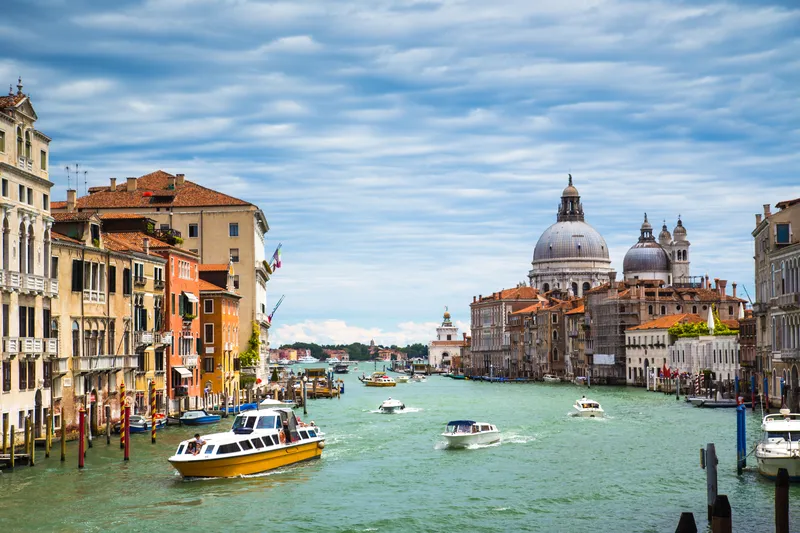London-based Centre for Economics and Business Research (CEBR) has presented its ranking of 35 ‘green’ cities, sponsored by smartphone chip maker
Eight of the top ten scoring cities are based in Europe thanks to a mixture of innovative transportation schemes, intelligent use of technology and an advanced approach to incentivising citizens to change habits. The top five spots in the overall index are held by European capitals. One trait these cities share is that they are in relatively wealthy parts of the world. This somewhat helps their overall scores as, for example, a higher share of residents can afford to regularly upgrade their cars. Tokyo and Seoul stand out as the only two non-European cities to make the top 10 list.
Oslo is set to be the world’s first city with a zero emissions transportation solution, according to researchers. The Norwegian capital tops the overall ranking, with London and Amsterdam occupying second and third spots respectively.
However, while Oslo, London and Amsterdam do have some general advantages that make them more likely contenders in the zero emissions race, they also all show a firm commitment to the zero emissions agenda and have created a set of incentives and regulations to see those commitments through. These include electric vehicle charging points, low emission zones and a reliable transport infrastructure.
Cities across Asia show a particularly strong performance in their preparedness for the future, with a desire to create smart, connected cities filled with driverless EVs and public transport, but grave air pollution concerns mean they face a long road ahead.
A feature shared by many North American cities that damages their overall ranking is citizens’ attachment to private, polluting vehicles. Low fuel costs and a tangled federal, state and city legislative framework combine to leave North America in a position where citizens have a mixed level of incentives to change their habits.
The bottom of the list is largely populated by cities in Africa and South America. Due to varying stages of economic development, these cities face particular challenges in promoting the zero emissions agenda. While there are some encouraging signs emerging from South America, cities are largely in the early stages of introducing low emission measures to transport systems and their pace of progress is slow. However, at present they face fewer challenges than in other parts of the world and could therefore achieve a sustainable transportation system more quickly, should they escalate efforts
With cheap oil and few zero emission incentives, Abu Dhabi sits towards the bottom of the index. However, its huge ambitions and willingness to invest significant sums means it could quickly leap up the index. The Gulf city is in a somewhat unique position, as it scores poorly across both its current position and in its efforts to create change, but extremely highly when it comes to preparedness for the future. There is evidence the city is seeking to skip stages of the journey towards achieving zero emissions and should it stay on its current trajectory, the city could rush up the index in the coming years
For African cities, achieving zero emissions is still not a top priority, with little evidence of efforts on the behalf of government or private parties. Though cities such as Cairo, Johannesburg, and Nairobi have a relatively low reliance on private, polluting vehicles, there is little evidence of a desire for change either at a governmental or citizen level and zero emissions isn’t deemed a key priority.
Report shows Oslo, London and Amsterdam lead ‘green’ cities ranking
London-based Centre for Economics and Business Research (CEBR) has presented its ranking of 35 ‘green’ cities, sponsored by smartphone chip maker Qualcomm. The report ranks 35 global cities based on their level of progress towards achieving this goal, finding that:
April 28, 2017
Read time: 3 mins








